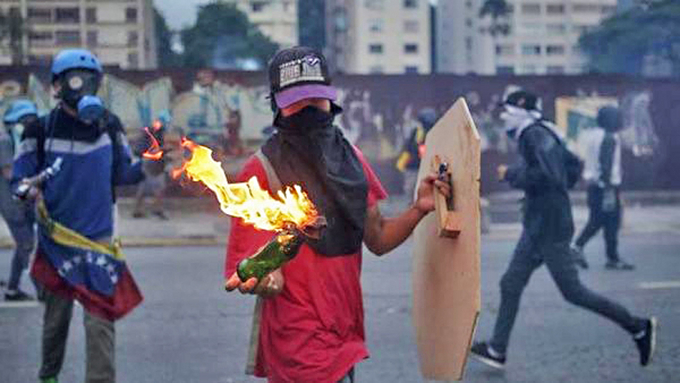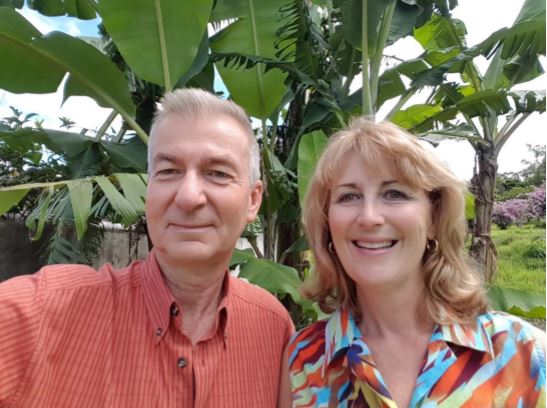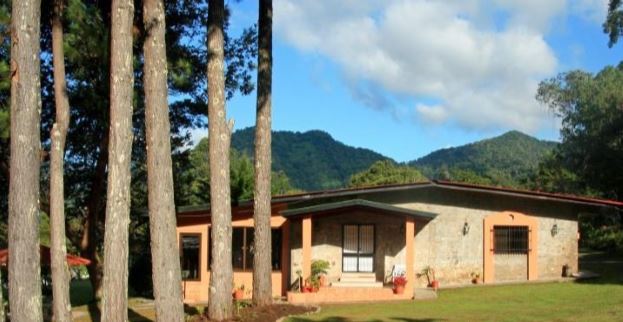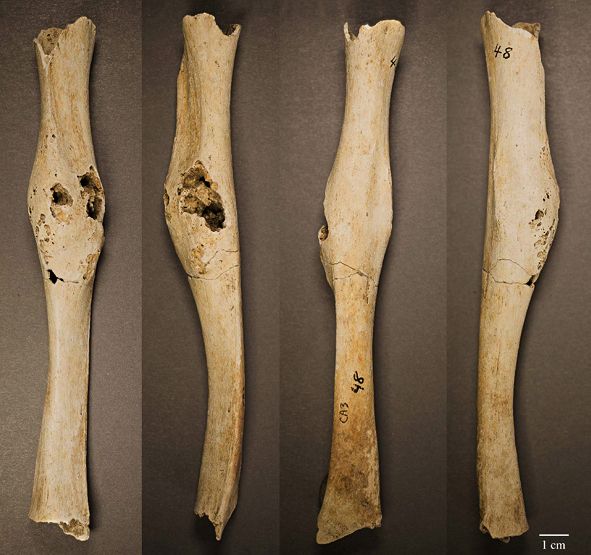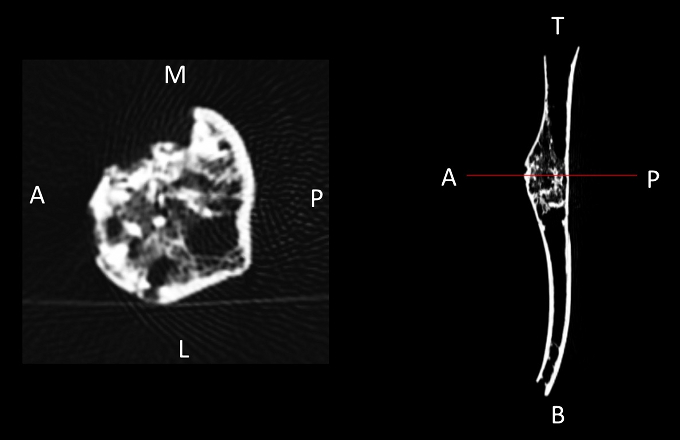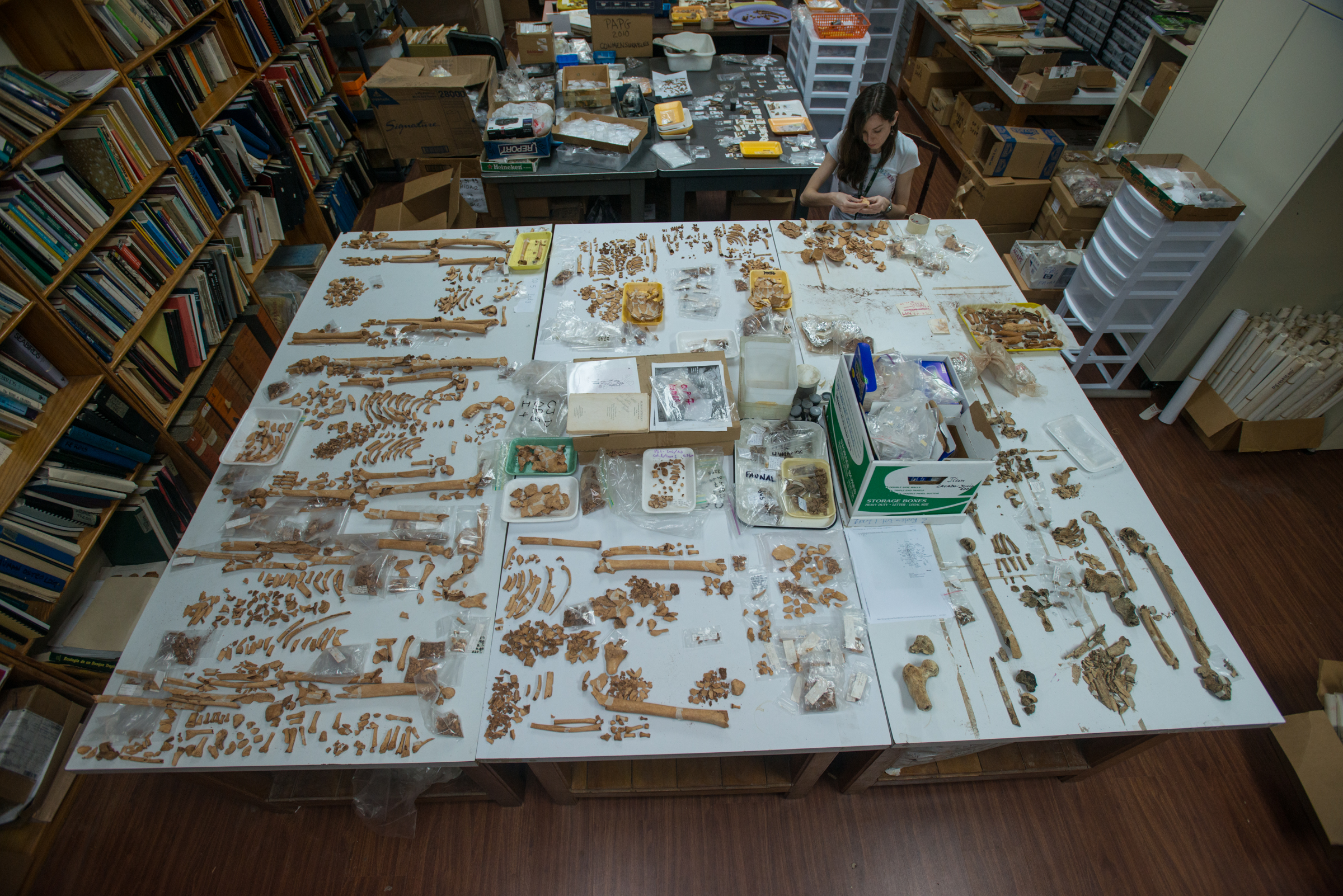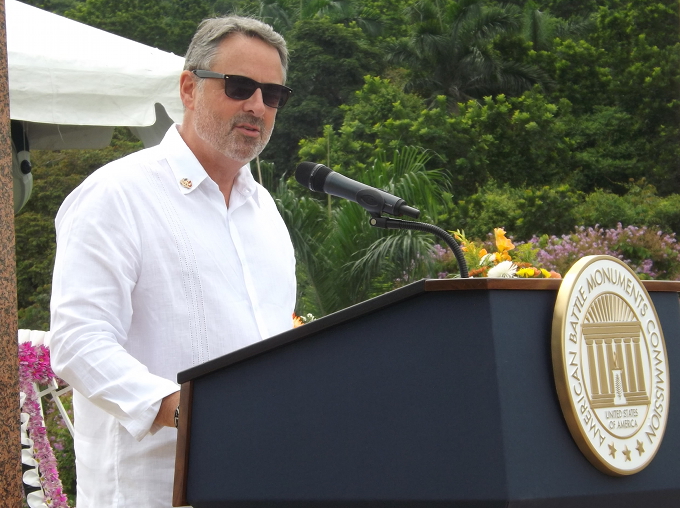
Noriega y la invasión de 1989
por Olmedo Beluche
(A propósito del fallecimiento del general Noriega, y la necesidad de una primera evaluación histórica de su persona, reeditamos estas notas del libro “Diez años de luchas políticas y sociales en Panamá (1980-1990)”)
El presidente de Estados Unidos, George Bush, justificó la invasión a Panamá sobre la base de una serie de pretextos cuya lógica es casi innecesario rebatir. Según Bush, los objetivos de la invasión del 20 de diciembre fueron: proteger la vida de los norteamericanos residentes en Panamá, atacar el narcotráfico sometiendo a Noriega a la justicia y “restaurar” el proceso democrático panameño.
El régimen militar jamás amenazó la vida y las propiedades de los norteamericanos y los grandes capitalistas, por el contrario, protegió hasta el final dichos intereses a costa del sacrificio de los trabajadores panameños. Hasta en el plano militar la política de las FDP fue la de evitar la confrontación, pese a las reiteradas provocaciones del ejército norteamericano. Es más, la inconsecuencia de la dirección norieguista llegó al extremo de que la mayoría absoluta de la alta oficialidad, con un par de honrosas excepciones, abandonó los cuarteles y huyó cobardemente apenas supo que venía la invasión, dejando a la tropa librada a su suerte.
Si el problema era que el general Noriega había convertido a Panamá en el paraíso del narcotráfico y el lavado de dinero, pues entonces hay que decir que estas actividades han continuado con fuerza después de la invasión. Transcurridos casi cuatro años de la invasión, el diario norteamericano Washington Post decía: “El Departamento de Estado reconoce que, aparte del propio Estados Unidos, la nuevamente democrática Panamá es el centro más activo de lavado de dinero cocainero del hemisferio”.
A nuestro juicio, se pueden resumir en tres los objetivos reales de la invasión norteamericana del 20 de diciembre de 1989: los relativos a la estabilización de la situación política y el tipo de régimen necesario para lograrlo; los económicos, que estaban muy relacionados con lo anterior, es decir, la aplicación del plan fondomonetarista; y los geopolíticos, el problema de las bases militares y su control sobre el Canal de Panamá.
Respecto al primero y segundo objetivos, es conveniente recordar lo que ya hemos señalado en los capítulos anteriores, el proceso de democratización que fuera pactado entre los militares panameños y el imperialismo norteamericano fue hecho añicos por las luchas de los trabajadores contra los planes de ajuste estructural. Muchas personas, al calor de las contradicciones surgidas entre la Casa Blanca y Manuel A. Noriega, a partir de 1987, olvidan que el plan de “democratización” fue pactado entre ambos, y que las contradicciones entre los militares panameños y los estrategas del Departamento de Estado sólo surgieron luego de 1985, cuando las luchas populares habían afectado la estabilidad política del régimen y a sus “ajustes”.
El plan de “reacción democrática” se desarrolló de común acuerdo entre los militares panameños y Estados Unidos en su primera fase (1978-84), y que en 1984 éste recibió un nuevo espaldarazo de ambos con el respaldo que otorgan al presidente Ardito Barletta. La conjunción de intereses se manifestó también en el apoyo que recibió el proyecto de militarización de la Guardia Nacional (Ley 20) por parte del Pentágono. En prueba de esto señalamos que la ayuda financiera a las fuerzas armadas panameñas por parte de Estados Unidos saltó de 0.3 y 0.4 millones de dólares en 1980 y 1981, a 5.4 en 1982, 5.5 en 1983, 13.5 millones en 1984 (!), 10.6 en 1985, 8.2 en 1986, para volver a caer en 1987 a 3.5 millones de dólares.
¿Cuándo y por qué se inician las contradicciones entre el gobierno norteamericano y la cúpula militar panameña? Ya hemos citado a prominentes personalidades burguesas, como Aquilino Boyd y Arnulfo Arias, que en julio de 1985 exigían (el primero a los militares y el segundo a Estados Unidos) cambios políticos para romper la parálisis en que se había sumido el gobierno de Barletta producto de las luchas populares contra el plan fondomonetarista.
Ese año (1985) para superar la crisis, la cadena se rompió por el eslabón más débil: los militares ofrecieron la “cabeza” (en el sentido político) de Barletta. Inmediatamente importantes sectores de la burguesía y la “oposición” dieron una tregua al nuevo gobierno de Eric Delvalle en un intento por mantener a flote el proyecto de “reacción democrática”.
Pero persistía un problema: debido al fraude electoral y a las luchas contra el plan de ajuste el pueblo panameño no había mordido el anzuelo, y no se comía el cuento de que vivía en un régimen democrático. Se sabía que los militares eran el poder real, y que eso no había cambiado. El asesinato de Spadafora había colocado dramáticamente este problema en el centro de la escena política, aunque no olvidemos que un año antes, en el programa de COCINA ya figuraba allí la exigencia de recortar el presupuesto de las FDP. La movilización popular amenazaba directamente al centro del poder político, las FDP, y colocaba la posibilidad de que una serie de luchas llevara a una debacle del régimen sin que existieran mecanismos de recambio.
Este es el origen de las contradicciones: un sector de la burguesía panameña, y el Departamento de Estado norteamericano, empezaron a exigir a los militares panameños (durante 1986) que adoptaran medidas concretas que hicieran creíble ante el pueblo que ellos se replegaban de la actividad política cediendo el poder a los civiles, subordinándose al presidente de la República, etc. Había que establecer un calendario de “democratización”, en el que la fecha clave era el retiro o jubilación del General Manuel A. Noriega, quien a los ojos de todo el mundo era el “hombre fuerte” de Panamá. Si esto no se hacía, no había manera de darle legitimidad al gobierno y al régimen, pues las masas panameñas no se tragarían el cuento de la “democracia”.
No olvidemos que el objetivo de la reacción democrática es el de crear un régimen presidencialista, con un rejuego de partidos políticos en el parlamento para que puedan canalizar el descontento popular hacia la vía electoral. De esta manera, frente a las luchas obreras y populares se crean mecanismos de intermediación y contención que los regímenes militares no tienen.
Mientras que para la estrategia imperialista y la oposición burguesa se trataba de realizar a cabalidad la institucionalización democrática, lo que implicaba no sólo elecciones, sino la posibilidad de que la ADOC ganara, y que el mando de las FDP fuera impersonal, llevado por funcionarios militares sometidos a un acuerdo nacional que limitaba su intervención en aparato estatal, etc; para el régimen militar y sus acólitos se trataba de ejecutar una “democratización” aparente, pero que jamás cuestionara su papel de árbitro supremo, ni su control del aparato estatal.
La resolución de la crisis se complicó hasta hacerse imposible un acuerdo gracias a las particularidades históricas panameñas, en las que el problema nacional y la presencia norteamericana determinan decisivamente los acontecimientos políticos. De manera que, una crisis que en otro país latinoamericano probablemente se habría resuelto en un tiempo menor, con la imposición por parte del imperialismo norteamericano y sus aliados internos de sus designios, en Panamá se prolongó por dos años.
Debido al arraigado sentimiento antimperialista de importantes sectores del pueblo panameño frente a la permanente intromisión norteamericana en nuestros asuntos, una parte notable del movimiento obrero cesó sus luchas contra el régimen y su plan económico conforme aumentaban las presiones norteamericanas. Es más, parte importante de la clase obrera y las capas medias de la sociedad, apoyó activamente a Noriega porque lo veían como la cabeza de la lucha nacionalista de nuestro pueblo. Por supuesto, este hecho no está en contradicción con el apoyo de masas recibido por la Cruzada Civilista, especialmente en la clase media. Porque, aunque minoritarios con relación a los civilistas, no se puede desconocer que también el nacionalismo levantado por el régimen militar tuvo apoyo en miles de activistas.
Esta base social, activa o pasiva, fue la que permitió al régimen militar panameño sobrevivir dos años de aguda crisis política, sanciones económicas y presiones norteamericanas. A la base social interna, hay que sumar el respaldo internacional por la causa panameña frente al imperialismo norteamericano, la cual impidió siempre a la OEA votar una resolución de condena al régimen panameño, sin que, por otro lado, tuviera que condenar la intromisión extranjera.
Noriega, sin ser un consecuente antimperialista ni nacionalista, se apoyó en estas contradicciones reales existentes entre Panamá y Estados Unidos, para sobrevivir convirtiéndose en vocero de la causa nacionalista panameña.
El choque entre los dos proyectos políticos y el conjunto de la crisis se centró durante dos años en un sólo punto: el retiro de Noriega. Conforme la crisis política se fue agudizando este punto fue concentrando todos los problemas. Agobiado por las presiones, el General Noriega estuvo dispuesto a ceder el gobierno civil a Guillermo Endara a principios de 1989 (por eso las elecciones fueron “las más limpias de la historia”, hasta el día de la elección), e inclusive después (entre junio y agosto) se propuso un “gobierno compartido” encabezado por Endara. Lo único que no aceptaba Noriega era que se le obligara a renunciar, menos aún si Estados Unidos no retiraba la acusación por narcotráfico, ni que se desmantelara la institución.
Pero ni la ADOC ni el Departamento de Estado yanqui podían aceptar a Noriega, pues su sola presencia indicaba una continuidad del régimen y de la crisis. A la vez que ellos necesitaban liquidar la autonomía relativa alcanzada por los militares panameños, para reorganizar la institución militar de acuerdo al nuevo régimen político presidencialista que se intentaba imponer.
Estas diferencias no eran meros matices, sino que tras ellas subyacía el problema concreto acerca de qué fracción detentaría el poder y sus privilegios. El triunfo de un sector eliminaba al otro. Seguramente esto es lo que quería señalar Solís Palma cuando decía que ceder a Noriega significaba el “comienzo del fin”. Era el final de un régimen político, y de los funcionarios civiles y militares que lo encarnaban. Más que eso, era el final del régimen político con mayor autonomía (con respecto a Estados Unidos) de la historia panameña, el cual logró crear también una élite de funcionarios y tecnócratas con relativa independencia de lo que se ha dado en llamar la “sociedad civil”.
Estas contradicciones a lo interno de la clase dominante panameña tenían que ser más agudas cuando se estaba a las puertas de la última década del siglo, momento en que, de acuerdo a los Tratados del Canal, Torrijos – Carter, debían revertir valiosas instalaciones y terrenos, así como el canal mismo, a la soberanía y economía panameñas. La fracción de la burguesía que maneje los destinos políticos del país será, sin duda, la mayor beneficiaria de la privatización de los “bienes revertidos”, evaluados en unos 30,000 millones de dólares.
¿Quería el imperialismo norteamericano la destrucción del aparato de las FDP por ser un ente “nacionalista”, tal y como lo pintan los defensores del ex régimen militar? Definitivamente que no. Al menos durante la mayor parte de la crisis ésta no fue la intención del gobierno norteamericano. Además de que el comportamiento de las FDP, hasta principios de 1987 (y aún después), no representaba una amenaza para los intereses norteamericanos, más bien actuaban como aliadas ¿Por qué destruir un aparato cuidadosamente construido por el propio Comando Sur? Las declaraciones de los voceros de la Casa Blanca y las resoluciones del Senado llegan a apelar reiteradamente a favor de que Noriega ponga la fecha de su retiro como una medida de salvar a las FDP.
La invasión a Panamá y la destrucción de las FDP quedó colocada por la realidad recién a mediados de 1989, cuando la crisis panameña llegó a un punto sin salida, y cuando ésta se conjugó con un plan del ejército norteamericano para recuperar su prestigio e intentar superar el “síndrome de Vietnam” realizando acciones militares directas en otros países.
Según el periodista norteamericano Bob Woodward, la administración del presidente George Bush empezó a planear seriamente la invasión en mayo de 1989, después de la anulación de las elecciones. Pero todavía en el mes de julio de ese año el general Frederick Woerner, jefe del Comando Sur, se oponía a la acción armada por lo que fue suplantado por el general Maxwell Thurman. Ya en octubre de 1989 la decisión de invadir estaba tomada, y simplemente se afinaban los detalles. Por eso, Estados Unidos no apoyó al mayor Moisés Giroldi y los golpistas del 3 de octubre.
¿Se oponía de tal manera el régimen militar panameño a legalizar la permanencia de sus bases militares más allá del año 2,000, de tal manera que necesitaba Estados Unidos invadir y destruir a las FDP? ¡Definitivamente no! Hasta 1987 la relación entre el Pentágono y el régimen militar fue de colaboración, por lo cual, si fuera el caso, se habría podido renegociar la permanencia de las bases militares sin que eso significara un choque violento.
Todavía después, en la fase más aguda de la crisis, en agosto de 1989, el propio general Noriega dijo, “si los norteamericanos quieren las bases, que vayan y las pidan, pero que no hagan como el hombre que quiere enamorar a una mujer y la viola”. Esta declaración dice mucho del “nacionalismo” de Noriega y su régimen.
¿Necesita Estados Unidos renegociar la permanencia de sus bases militares en Panamá más allá del año 2,000? Definitivamente sí. Cuando el presidente James Carter firmó el Tratado del Canal, Estados Unidos pasaba por un momento altamente crítico (Watergate, pérdida de la guerra de Vietnam, etc).
En una circunstancia como esa Norteamérica accedió a ponerle una fecha final para la presencia militar en Panamá, reservándose el derecho de intervención a perpetuidad. Pero a medida que esa potencia se ha recuperado del “síndrome de Vietnam”, se ha replanteado el problema de su control sobre zonas estratégicas del mundo, y Panamá es una de ellas. Por eso, el Senado y grupos asesores en política exterior, como el llamado Grupo de Santa Fe (que asesoró los gobiernos de Reagan y Bush), han planteado con claridad el objetivo de obtener un nuevo acuerdo sobre las bases militares en nuestro país.
No se trataba de que las FDP tuvieran una postura recalcitrantemente nacionalista, pero si era cierto que Estados Unidos necesitaba resolver la crisis política panameña también para que un régimen estable, y sumiso, pueda renegociar un acuerdo de bases. Esta fue una situación parecida a lo que sucedía a fines de los años 60, la crisis política se había convertido en obstáculo para la incluso renegociación del tratado sobre el Canal de Panamá. Además, el gobierno norteamericano debía promover una reorganización de las fuerzas armadas panameñas, tratando de acabar con los elementos nacionalistas y torrijistas que habían crecido a lo interno y que podrían ser reacios a una relación de sometimiento hacia el Comando Sur. Esto se ha venido haciendo desde la invasión.
Lo que no es cierto es la versión propagandística lanzada por los acólitos del régimen militar, de que era completamente antagónica la existencia de las FDP y las tropas norteamericanas. Por el contrario, el Pentágono promovió en sus inicios el desarrollo de la Guardia Nacional, pues necesitaba de un cuerpo de seguridad panameño que les ayude a mantener el control sobre el Canal, sin que sus tropas tengan que intervenir constantemente.
(Agregamos ahora, en 2017: ese acuerdo de bases fue el proyecto de CMA que intentaron bajo el gobierno del PRD de Ernesto Pérez Balladares y que fracasó rechazado por el pueblo panameño. Pero bajo el gobierno de Mireya Moscoso en adelante los gobiernos han firmado con Estados Unidos acuerdos de seguridad que hacen el papel del acuerdo de bases. Como el llamado Acuerdo Salas-Becker, firmado en 1991, que entrega la soberanía sobre el espacio aéreo y el mar territorial a estados Unidos con la excusa de combatir el narcotráfico).
~ ~ ~
Estos anuncios son interactivos. Toque en ellos para seguir a las páginas de web













